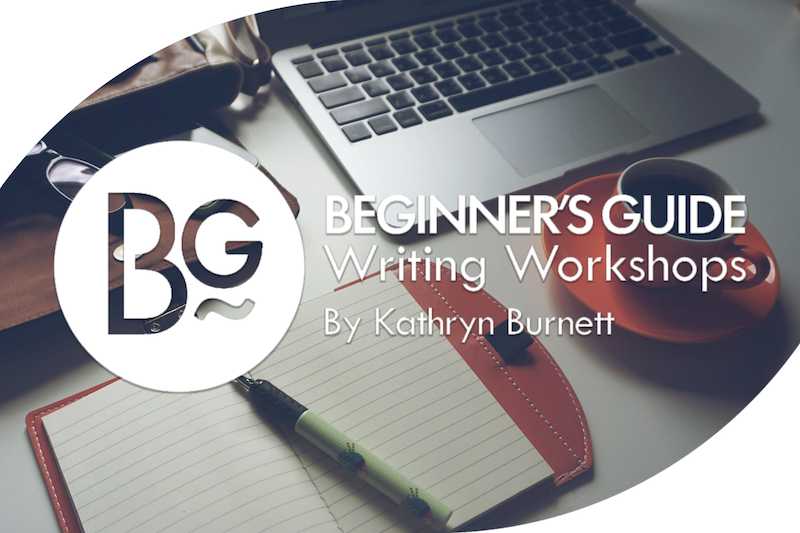Human children begin learning about their emotions right from the word go. Their parents and community help them navigate through the rollercoaster that is the human experience and they are socialised in how manage the ride. Well, up to a point! Even as adults, we don’t always manage to keep our emotions in check.. we aren’t robots after all!
So what happens when a machine is given the ability to feel emotions? What are the consequences of a sentient being who hasn’t been given the opportunity to learn how to handle them?
That is one of the ideas in The Made, a new play by Emily Perkins presented by Auckland Theatre Company.
It is the story of Alice, (Alison Bruce), a scientist hyper-focussed on creating a sentient artificial intelligence. Her biggest creation to date is Aire (Hannah Tasker-Poland) a beautifully realistic human looking robot that has some intellectual challenges and a habit of saying inappropriate things.
Alice, has an ex-husband David (Peter Daube), and a melodramatic millennial child, Sam (Murdoch Keane), who she has somewhat neglected due to her obsession with robotics.
Her ambition is to create robots with empathy and emotion. She needs more money to do it, but her investors are not interested in that, they just want to roll out Aire and her fellow bots as sex toys.
It’s an interesting premise, and one that doesn’t disappoint.
Alice is the central character and in some ways the ‘straight’ lighting rod around which all the quirky characters orbit. But she is also a little twisted herself, and Bruce plays her well.
Sometimes struggling, sometimes pleading, often bitingly funny, Alice is a good person, but she isn’t perfect, and is a little too preoccupied with her creations. Alice sees the robots as her children, and she is consumed by a desire to enable them to have empathy. She believes that doing so will help teach us about empathy. In a telling line she says:
“How we treat her, is who we are.”
For this play to work, it is essential that the ‘robots’ appear realistic and relatable, and they most certainly are. Tasker-Poland is just remarkable as the robot Arie. Her mannerisms, motion, personality and voice are all perfectly created.
Arie’s basic programming is designed to flatter and enthral. But she is flawed, and very like a child who hasn’t yet grasped the art of social interactions or diplomatic responses. She often says things that adults would deem inappropriate and offensive.
The other main robot in the play is Nanny Anne (Bronwyn Bradley). She’s an older model, and basically now seen as scrap. She is quite different to Arie, and she is comedy gold.
There is a scene when Nanny Ann has an emotional meltdown. Bradley plays Nanny’s distress, confusion and sudden outbursts with comic genius and it is one of the funniest moments in the play. In reality, seeing anyone behave like this in the real world would be seriously distressing. Here, it is uproariously funny.
In a way, the scene highlights the reality around the ‘robot’ vs. ‘human’ dilemma. We know this is an actress on stage, but would we also find it funny if in the real world, a robot had a meltdown?
It’s hard to know. Human’s can form relationships with animals, teddy bears, and even human sized versions of Mickey Mouse. But we also smash up machines and we have a tendency to treat other human beings appallingly too. So I guess some of us would treat them with respect, others would’t.
Alice’s words again come to mind: “How we treat her, is who we are.” Perhaps Alice is right, maybe we do need something to teach us about empathy.
If that analysis seems a bit onerous, don’t worry, The Made is not heavy handed with its morality.
On the surface its a very funny play about a dysfunctional family and rapacious capitalism. It has an excellent cast who play up the funny bits and know how to handle the more serious moments. At the heart of the play are questions about who we are as people, the nature of ‘reality’ and our desperate need for genuine connection.
But it does all that by making us laugh out loud at our absurdities and our self-absorption. When you think about it, isn’t that something fundamentally human?
Photo credit – Jinki Cambronero
THE MADE
20 September – 8 October 2022




